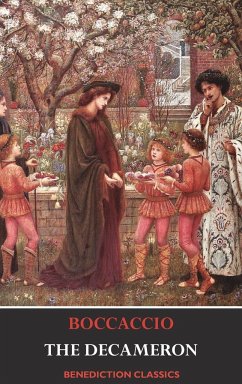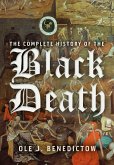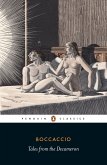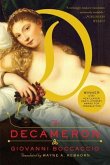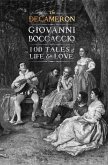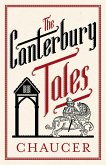"Giovanni Boccaccio's work taught citizens how to maintain mental wellbeing in times of epidemics and isolation." - The New Statesman. In 1348 the plague struck Florence with devasting fury-striking dead fully three quarters of its population. Seven young women and three young men fled the plague-ridden city to a deserted villa in the countryside. To pass the evenings and remember their former lives, each member of the party told a story according to the theme for the night. By the end we have these one hundred wonderfully vivid stories. These are tales of love, passion, jealousy, and pride as well as of profit and loss; ribaldry, licentiousness, farce, trickery and deceit are a constant thread, but with a moral undercurrent. Boccaccio's miniatures give a window onto life at the time and show a society on the cusp of change, with the renaissance virtues of quick-wittedness, intelligence and sophistication rising above the monastic and feudal virtues of piety and loyalty. The Decameron is a masterpiece of early Italian prose, and its tales have inspired many subsequent writers: most famously, Chaucer and Shakespeare but also Molière, Tennyson, Keats, Longfellow and Shelley. Even Martin Luther had occasion to repurpose one of Boccaccio's stories. About the Author: Giovanni Boccaccio (1313 - 1375) was an Italian writer and an important early humanist. He is regarded as one of the fathers of the Italian language, together with Petrach and Dante. His best-known work after The Decameron is On Famous Women, the first Western collection devoted exclusively to the biographies of women. Boccaccio is particularly noted for his realistic dialogue and complex plots as opposed to the formulaic approach of his medieval contemporaries. About the Translator: John Payne was a poet and translator, who is especially remembered for his translations of The Decameron, The Arabian Nights and the Diwan Hafez.
Hinweis: Dieser Artikel kann nur an eine deutsche Lieferadresse ausgeliefert werden.
Hinweis: Dieser Artikel kann nur an eine deutsche Lieferadresse ausgeliefert werden.

